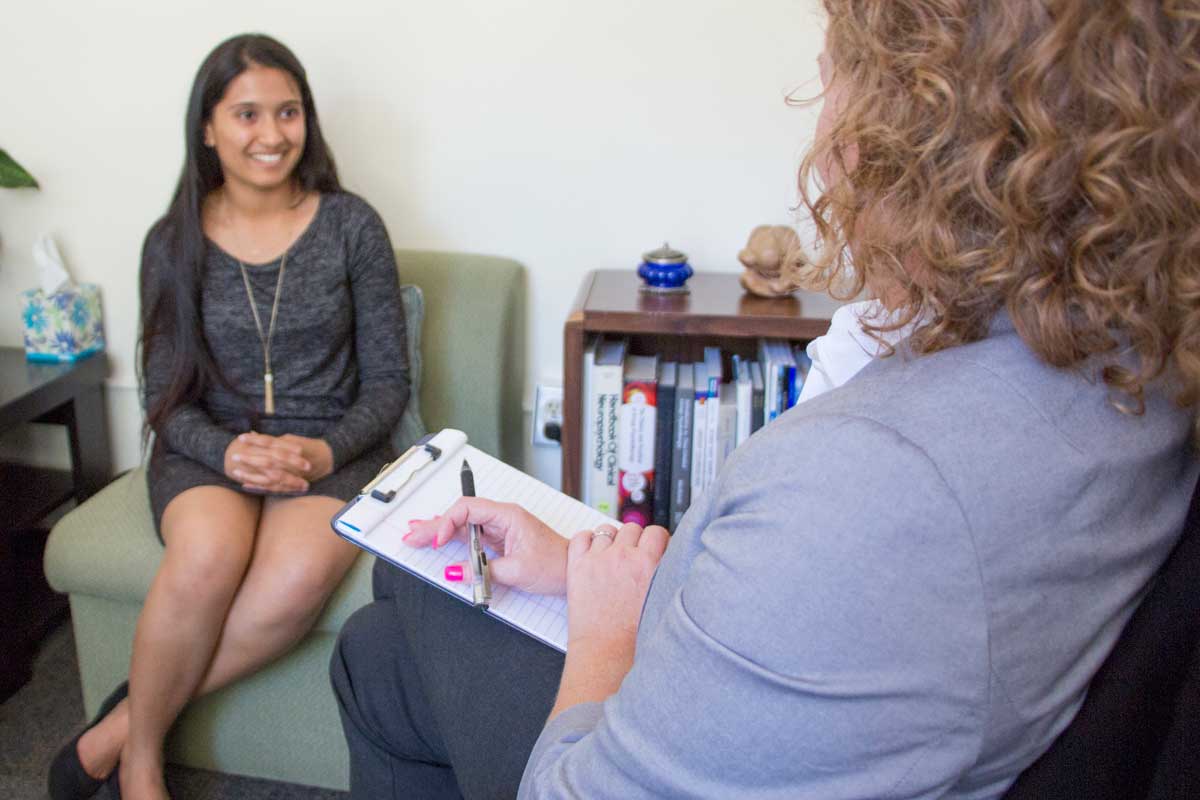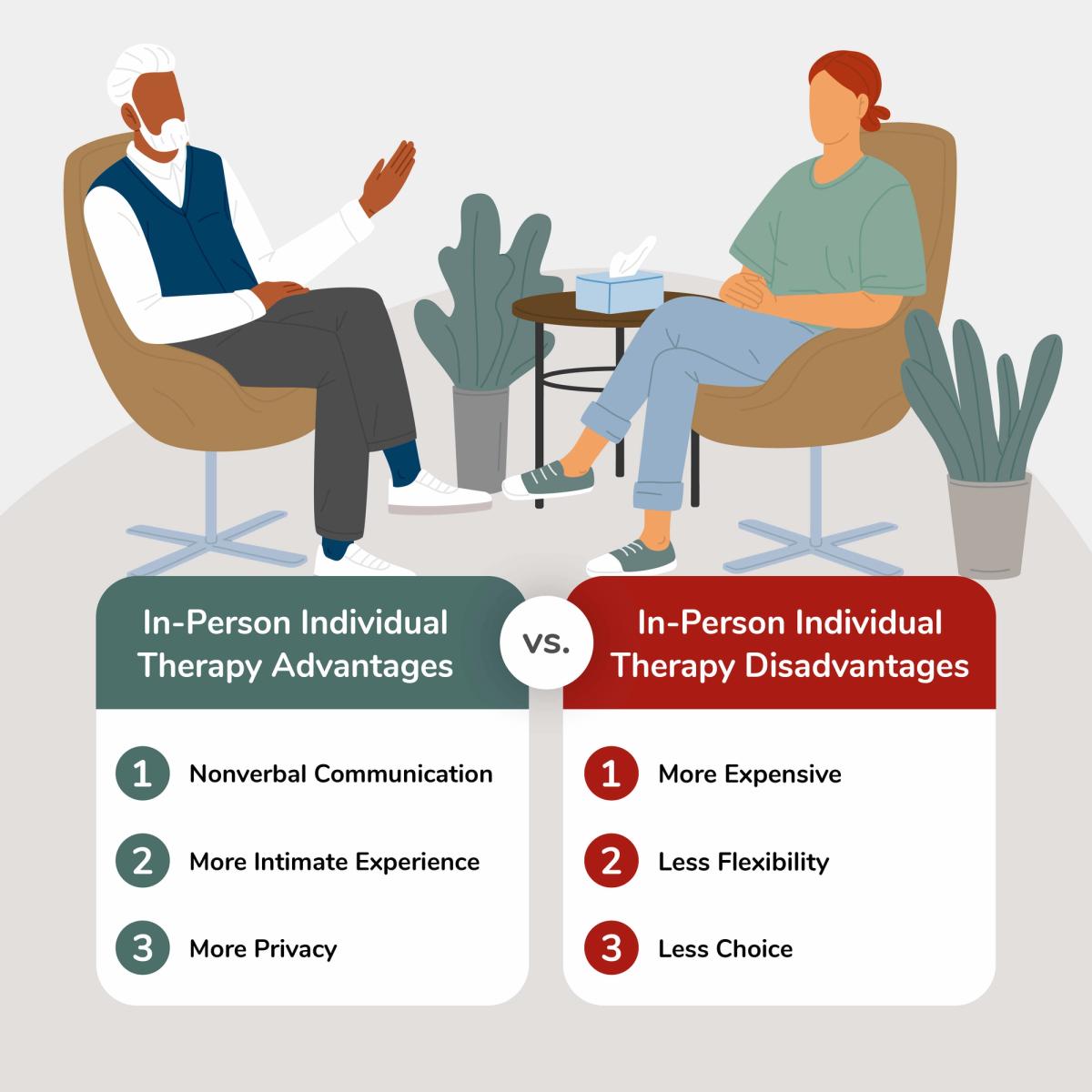Exploring the Benefits of Psychological Treatment for Teen Well-Being and Development
Mental treatment plays an essential role in the health and development of teenagers. Adolescence is a turbulent duration marked by social and psychological obstacles. Therapy provides a structured setting for teenagers to express their feelings and confront their struggles. It furnishes them with crucial tools for resilience and communication. As they navigate this developmental stage, the effect of treatment can be extensive. What certain advantages can arise from such assistance throughout these developmental years?

Understanding the Adolescent Mind: Challenges and Stress
As adolescents navigate the intricacies of their developing stage, they face numerous obstacles and stress that can considerably affect their mental wellness. This duration is marked by significant physical, psychological, and social modifications, which can induce sensations of complication and uncertainty. Peer impact escalates, usually bring about a battle for acceptance and identification. Academic expectations can create extra tension, as the stress to stand out mounts in a significantly affordable atmosphere.
Furthermore, the advent of social media sites introduces a new layer of intricacy, where comparisons to curated online personas can aggravate feelings of insufficiency and stress and anxiety. These aspects can result in emotional distress, including anxiousness, anxiety, and low self-worth. Comprehending these difficulties is important for moms and dads, educators, and mental health professionals, as it supplies insight into the teen experience and highlights the demand for supportive interventions to promote durability and health throughout this crucial developing stage.
Developing a Safe Room for Expression
Creating a safe area for expression is necessary for teens maneuvering their tumultuous developmental stage. In restorative settings, this atmosphere promotes open dialogue, enabling teens to interact their feelings without worry of judgment. Such areas enable them to explore their emotions and thoughts, which is crucial for recognizing their identifications and experiences.
When teenagers feel safe, they are most likely to share their struggles, including anxiety, anxiety, or interpersonal conflicts. This open interaction can bring about much deeper understandings and assist in personal growth.
Moreover, a secure area motivates creativity and self-reflection, giving young adults the flexibility to reveal themselves through numerous outlets, such as art or writing. Establishing trust fund between the specialist and the teenage is important, as it underpins the effectiveness of the healing process. Inevitably, producing a safe room for expression functions as a foundation for emotional recovery and personal growth during these developmental years.
Establishing Coping Strategies and Durability

Specialists frequently introduce methods such as mindfulness, journaling, and analytical skills, allowing teens to manage their reactions better. Additionally, by engaging in role-play scenarios, they practice just how to take care of hard scenarios, enhancing their self-confidence. Gradually, these skills foster a feeling of firm, outfitting teens with the tools to navigate life's unpredictabilities. The growth of durability not only help in getting over prompt difficulties but also prepares for much healthier emotional responses in the adult years, inevitably contributing to lifelong health.
Enhancing Communication Skills
Reliable communication abilities are crucial for teens as they navigate intricate social landscapes. Mental therapy plays a vital function in enhancing these abilities, allowing teens to reveal their ideas and feelings much more clearly. Via led sessions, therapists urge teens to express their sensations, helping with far better understanding in peer interactions and family characteristics.
Treatment provides a risk-free room for practicing energetic listening, empathy, and assertiveness. These abilities empower young adults to participate in significant conversations, resolve problems, and build stronger connections. As they find out to communicate successfully, they additionally gain confidence in their capability to support for themselves and their needs.
Furthermore, enhanced interaction abilities add to emotional intelligence, allowing teens to acknowledge and react to the feelings of others. This alternative growth fosters a helpful setting, eventually promoting total wellness and social combination. Via psychological therapy, young adults can grow these important abilities for a much healthier social experience.
Fostering Individual Development and Self-Discovery
Cultivating personal development and self-discovery in teens involves a complex approach that motivates understanding of personal identity. This process also stresses the relevance of building strength abilities and boosting emotional understanding. Together, these components develop a structure for healthier, more certain people as they navigate their formative years.
Comprehending Personal Identity
Just how do teens navigate the facility landscape of individuality as they seek for self-discovery and growth? During this developmental period, they face different influences, consisting of peers, household, and social expectations. Mental treatment can serve as an essential device, offering a safe area for exploration and representation. Through led conversations, young adults can verbalize their sensations and thoughts, enabling them to understand their ideas, values, and needs. This process cultivates a deeper understanding of their unique identification, empowering them to make educated selections and develop a sense of objective. As they participate in self-discovery, they discover to welcome their individuality and navigate difficulties with better clarity, eventually boosting their total well-being and personal development.
Building Durability Abilities

Enhancing Psychological Recognition
Enhancing emotional recognition is important for young adults maneuvering the intricacies of adolescence, as it permits them to identify and comprehend their sensations much more properly. By taking part in mental treatment, teens discover to identify their emotional reactions and the triggers behind them. This procedure fosters personal development and self-discovery, allowing them to articulate their emotions and deal with obstacles much more adeptly. As teenagers create emotional awareness, they grow compassion, boost relationships, and improve interaction abilities. In addition, this heightened understanding aids in decision-making, aiding them browse social pressures and develop a sense of identity. Eventually, fostering emotional understanding with treatment can cause much healthier coping systems and a much more well balanced emotion, basic for growing throughout these developmental years.
Structure Healthy And Balanced Relationships and Assistance Equipments
While going across go to this website the intricacies of teenage Related Site years, developing healthy and balanced relationships and assistance systems is essential for teenagers. These links give psychological security and a sense of belonging, crucial during this developing phase. Positive relationships with peers, family, and advisors can boost self-confidence and durability, enabling teenagers to browse difficulties better.
Psychological treatment plays a critical role in cultivating these connections by furnishing teens with communication and conflict-resolution abilities. Via therapy, they discover to reveal their feelings, understand various viewpoints, and develop limits, which are essential for preserving healthy and balanced interactions.
Helpful networks urge young adults to seek help when needed, decreasing seclusion and advertising psychological wellness. When teenagers really feel linked to their assistance systems, they are a lot more most likely to involve in constructive habits and make educated decisions. On the whole, the cultivation of healthy and balanced connections and assistance systems contributes in promoting teenage health and individual growth
Regularly Asked Concerns
Just how Do I Find a Competent Therapist for My Teen?
To locate a certified therapist for a young adult, one should look for referrals from health care carriers, research study qualifications on-line, inspect reviews, and establish the therapist concentrates on teenage issues, cultivating an encouraging setting for growth.
What Are the Costs Linked With Mental Therapy for Teens?
The costs connected with psychological treatment for teens vary extensively, typically varying from $50 to $250 per session. Insurance policy coverage, gliding range fees, and neighborhood resources can influence price and availability for families looking for support.
Just How Typically Should Teenagers Attend Treatment Sessions?
Teens must preferably participate in therapy sessions regular or biweekly, depending on specific needs. Regular sessions can promote a safe area for expression, while permitting therapists to keep an eye on progression and adjust techniques successfully over time.
Can Treatment Work for All Teens?
Treatment can be efficient for numerous teenagers, but individual results differ. Elements such as individual circumstances, visibility to the procedure, and the therapeutic method utilized all affect why not try here its performance for each and every adolescent.
What Should Moms and dads Do During Their Young adult's Therapy Refine?
Parents need to proactively support their young adult's therapy procedure by preserving open communication, valuing discretion, going to sessions if welcomed, and motivating their kid's initiatives (Individual Therapy For Teens). Understanding and persistence are necessary as teenagers navigate their personal development trip
Mental treatment plays a critical role in the well-being and development of teenagers. By involving in psychological treatment, teenagers find out to acknowledge their emotional responses and the triggers behind them. Mental treatment plays a pivotal role in fostering these connections by gearing up teenagers with interaction and conflict-resolution skills. Teens ought to preferably go to treatment sessions once a week or biweekly, depending on specific demands. Moms and dads need to proactively sustain their teenager's treatment procedure by preserving open communication, valuing discretion, participating in sessions if welcomed, and motivating their kid's initiatives.